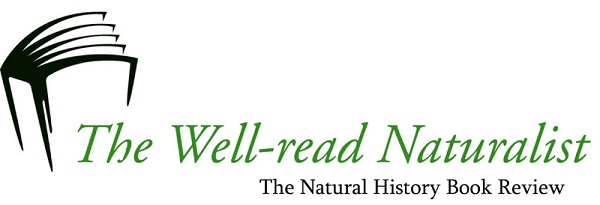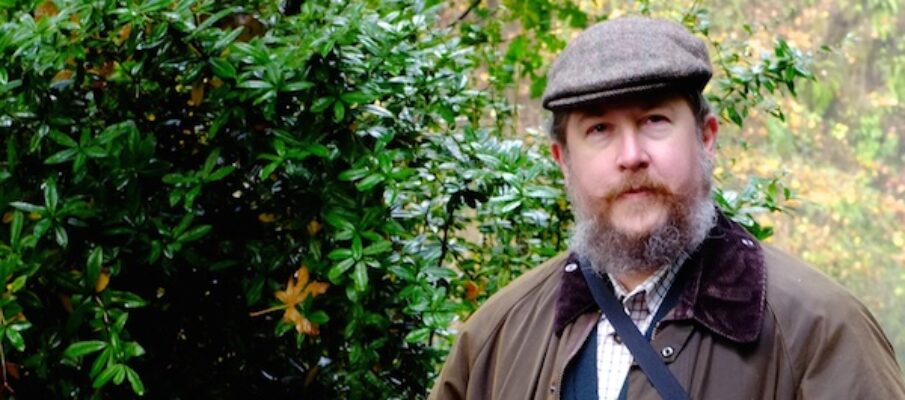When I was a boy, a number of legal decisions were handed down by a federal judge curtailing the commercial fishing trade on the Columbia River from which my family had made a living since my grandfather first came to the United States from Finland (then Russia) at the age of twelve. Almost immediately following these decisions, it was all-too-clear that I would not grow up to continue in the trade my grandfather and father had spent their lives practicing – and that indeed I myself had already begun to learn. Commercial salmon fishing on the lower Columbia as it had been known for most the the Twentieth Century suddenly came to a near halt. The families who for generations had earned their livelihoods working on the river would be forever changed. In subsequent years, their children would move away to seek other work upon reaching adulthood. The boats would be sold. The marinas and canneries would become derelict.
Needless to say, I know just what it means to have something your family has practiced for generations suddenly stripped from you by a government agency. I know how much it hurts. I know how much resentment it inspires. However I also have come to understand that some things that were once sustainable in the past are, due to over or careless use, no longer so in the present. I have learned that nature – resilient as she is – is not indestructible; she can be wounded, sometimes grievously so and in ways that may take centuries to heal.
Which is why I have with interest followed the growing debate over the slaughter of the flocks of migratory birds that pass over and near Malta each spring. Note that I intentionally did not use the word “hunt.” Much of what is happening in Malta is not a hunt. I was raised around hunters. I spent a decade of my adult life working for Leupold & Stevens, one of the world’s foremost equipment makers for hunters. I have attended more hunting events around the world than I can even recall, at which I have met hunters from all corners of the globe. I know what hunting is. I know how much those who are dedicated to the responsible practice of it are also dedicated to ensuring that the ecosystems in which they pursue their hunting activities remain healthy so that their children’s children may also continue in their family hunting traditions. What is happening in Malta this spring is not hunting – it’s the willful killing of far more individuals across a far wider range of species than will be eaten solely in order to make a political point. It’s appallingly wasteful, and that’s slaughter.
Not that it was always so. Just as there were once skies full of birds so there were once also fewer people on the ground. During the lifetime of John James Audubon the Passenger Pigeon was said to be so plentiful that their passing flocks could block out the sun, yet in 1899 when one was shot by a fourteen-year-old boy it was thought to have been one of the last known in the wild and on 1 September 1914 the very last individual of the species died in the Cincinnati Zoological Garden.
Not so long ago the skies above the Maltese archipelago no doubt seemed full of birds. The islands themselves also were the home to fewer inhabitants – be they Maltese, British, French, or of some other nationality. The hunting of birds for food – as often through the use of birdlime as with a firearm – was an important part of life, and naturally traditions arose surrounding the practice of it.
However as the population, not just of the Maltese archipelago but of both northern Africa and Europe as well have dramatically increased in a few short generations, the habitat left available for those once great migratory flocks has been squeezed – as have the populations of the birds themselves. Unfortunately, as the Maltese were told of the necessity of curtailing their bird hunting, some took the resentment they understandably felt and turned it into revenge; against the authorities, against the birds themselves, and too often against common sense.
While there are certainly some Maltese bird hunters who abide by the rules now governing the hunting of migratory birds passing over the archipelago, there are regrettably others who see shooting as many birds as possible as an act of resistance against being told that their way of life must now change. They don’t see the damage their actions are inflicting on the global populations of many of these species. They don’t understand that those that are still left cannot be treated as the inexhaustible natural bounty that they once were thought to be. They only see that those they consider outsiders are trying to change a way of life that they themselves see no good reason to change.
But change it must. There are simply too many stresses to migratory bird populations today to allow them to be hunted with the abandon that they were in years past. Most governments have come to understand this and have gone to great lengths to ensure that the birds species hunted within their national boundaries are managed in a way that their populations are sufficiently stable to allow the annual hunting of a portion of them without harm to the species population as a whole. Indeed, in the United States, where hunting is perhaps more widespread than in any other nation on the planet, the message of “good conservation equals good hunting” has been so well established in the hunting community that the community itself has become one the largest sources of funding to ensure wildlife habitat preservation and maintenance.
Responsible and managed hunting is possible in Malta – but only if the Maltese government and the Maltese hunting community begin to take the matter seriously. Despite the fact that the EU has issued Malta a special exemption from the European Union Birds Directive that was issued as an “olive branch” to the Maltese and allows the hunting of migratory turtle doves and quail there, too many reports of lax enforcement and even outright disregard of the laws governing hunting in Malta are still being received. More must be done, not just to enforce the laws but to educate the Maltese of the importance – not just to themselves but to the people of the European Union of which their nation is a member, and to their neighbors in Africa as well – of sustainable conservation measures that can ensure both the health of the bird populations migrating between Africa and Europe each spring and keep their own cherished Maltese hunting traditions alive as a result. It is a model that has worked throughout the rest of the world – it can certainly work in Malta as well.

